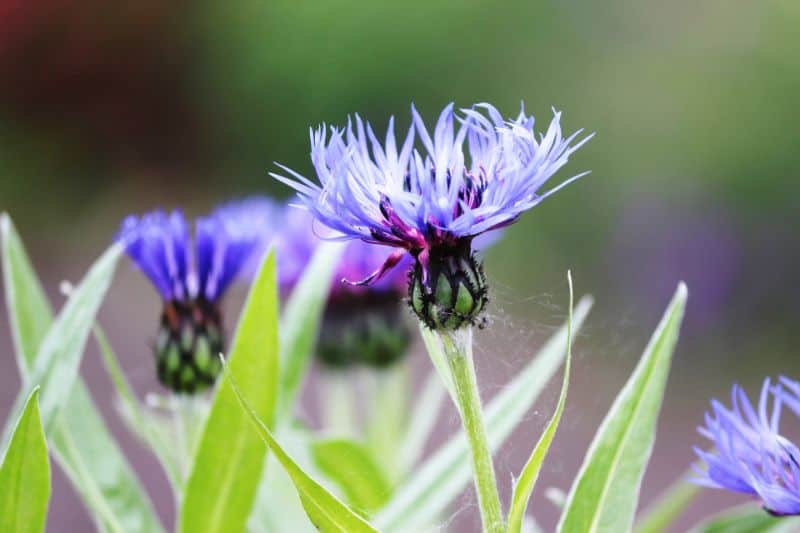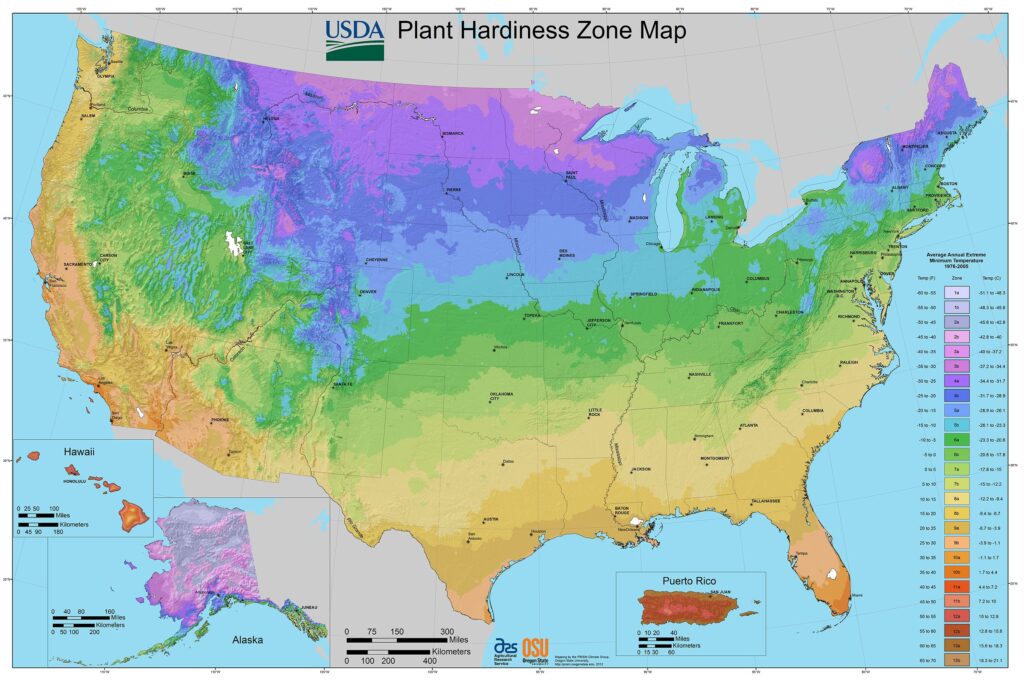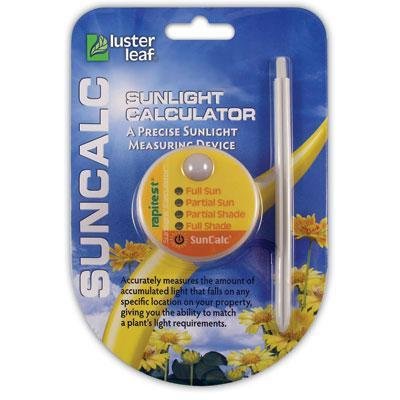Cornflowers, also called bachelor’s buttons, are a favorite of both gardeners and florists. They are easy to grow and care for, and their cheerful blooms will add color to any garden. In this article, we will provide some tips on how to grow and care for cornflowers so that you can enjoy them in your garden even if you don’t have a green thumb.
Best Cornflower Varieties
| Image | Name | Rating | Shop |
|---|---|---|---|
 | Dwarf Bachelor Button Seeds | ||
 | Cornflower / Bachelor Button Seeds – “Tall Mix” | ||
 | Cornflower Centaurea cyanus Mixed Colors |
How to Grow and Care for Cornflowers
Cornflower Hardiness Zones
Cornflowers are annuals, meaning they only grow for one season and then die. They can be grown in hardiness zones 2-11, which is much of the United States.
How Much Light Do Cornflowers Need
Cornflowers need full sun to partial shade in order to grow well. They will do best in an area that gets at least six hours of sunlight each day. If you live in an area with very hot summers, you may want to give them some afternoon shade to prevent them from getting too much sun.
Cornflower Soil Requirements
Cornflowers should be planted in moist well-draining soil. They do not require any specific soil amendments, although a small amount of organic matter will help to keep the soil moist and fertile.
Cornflower Soil pH
The soil pH for cornflowers should range from 7.2 to 7.8 for optimal growth. A soil pH that is too acidic or too alkaline can cause problems for cornflowers, so it’s important to test your soil and make any necessary adjustments.
Cornflower Plant Spacing
If you want to ensure that your cornflowers have plenty of room to grow, plant them 12 to 18 inches apart. This will give them the space they need to reach their full potential.
Cornflower Temperature Requirements
Cornflowers are fairly heat-tolerant and can even handle light frost, making them a great option for gardens in many different climate zones.
Cornflower Fertilizer Requirements
Cornflower plants need monthly fertilization. In the early spring, use a balanced fertilizer such as 10-10-10. In late spring or early summer, use a fertilizer with more phosphorus, such as 10-20-10.
Cornflower Water Requirements
Cornflowers generally require 1 inch of water per week, but this amount may need to be increased during the peak heat of summer. Always check the soil moisture levels before watering and do not overwater; and only give cornflowers as much water as is necessary to keep the soil moist but not oversaturated.
Cornflower Humidity Requirements
Cornflowers are pretty tough and don’t require a lot of special care, but they do best in average humidity levels. If the humidity is too high or too low, it can lead to problems like fungus growth or wilting.
Cornflower Pests
If you’re growing cornflowers and notice pests such as aphids or spider mites, there are a few things you can do to get rid of them. First, try spraying the plants with insecticidal soap to disrupt the pests’ life cycles. You can also introduce beneficial insects like ladybugs or lacewings, which will prey on the pests. Finally, make sure to keep your garden clean and free of debris where pests can hide.
Related Articles:
Cornflower Diseases
Cornflowers mainly suffer from fungal diseases. They can cause wilting of leaves, reduced growth, and the death of plants.
















